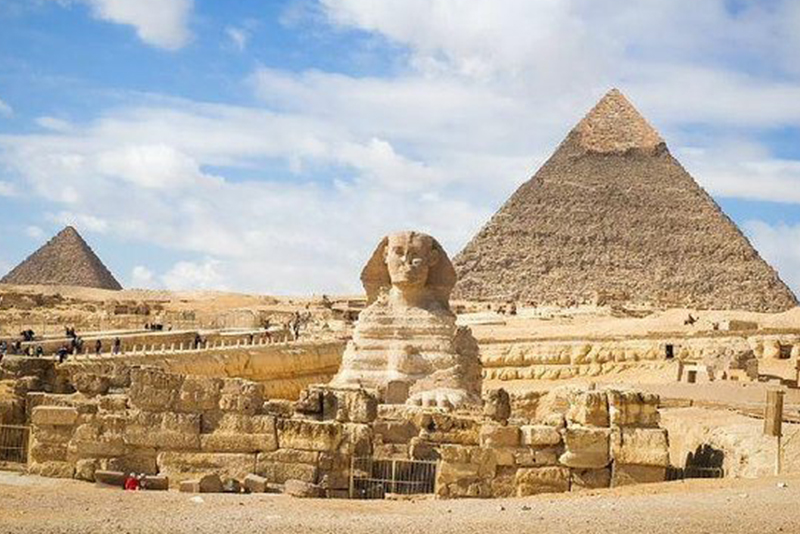
March 24, 2020
Speaking Arabic (Part 1)
So I am having dinner at Tutto Pronto with my friend Ellen. We have arrived early and are waiting for the rest of our party to arrive. Ellen is having a glass of cabernet and I am drinking a Stella. There is a couple at the table next to us and the woman is giving the waitress a bit of a hard time with her order. Ellen and I don’t even pretend not to notice the drama unfolding next door. The woman wants salmon but is very particular about how she wants it cooked. She is also not happy with the choice of vegetables and wants to know what the other options are. The waitress patiently and diligently lists the other possible choices and the woman wrinkles her nose at each one.
Ellen takes a sip of her wine, leans over, and whispers, “Hohtnah.”
I should tell you Ellen is an Ashkenazi Jew. The only daughter of a Holocaust survivor father who was from Poland. By all rights, the snide remark she is making should be in Yiddish. Yiddish is an extremely colorful language and many of its words have permeated the English language lexicon and North American culture in large part because of television and film. There is a long list of Yiddish words she could have chosen to describe the woman’s actions. Instead she has chosen a word in Arabic.
Arabic is spoken by over 400 million people in the world. But for the better part of my childhood the only people I knew who spoke Arabic were Jews.
Egyptian Jews.
My parents, my aunts and uncles, and their friends. All Egyptian Jews.
Arabic was my Yiddish.
And, just like Yiddish, the words were used as standalones (shmuck!) or, more often, tagged onto a sentence (you are such a putz) otherwise only containing words in French.
“Je vous souhait milles mabruks.” I wish you a thousand congratulations.
Every word in French other than the Arabic word for congratulations.
“Va faire sortir la zaballa.” Go take out the garbage. I have written before how both my brother and I grew up thinking zaballa was a word in French.
So we didn’t know how to speak Arabic. But we knew a lot of words.
And our parents, aunts and uncles, took great delight in hearing the children and grandchildren utter those words, words we would not dare say out loud in French and English, back to them. When my Tante Odette does or says something a little wacky, I tell her she is magnoun—crazy. Every single time she laughs uproariously. Try telling your own aunt she is crazy and see what happens. My niece Danna has taken the word and put her own millennial spin on it. “Oh my god, she is so ‘maggie!’”
But our favorite is hohtnah.
Hohtnah.
Leave me alone. Stop being such a pain in the ass. It was spat out, half in jest, half in spite. Sometimes whispered under one’s breath right in front of the guilty party.
Hohtnah.
Ellen and I have been friends for a long time and it has entered our vernacular. She is using it here in part as a tip of the hat to me and my Egyptian Jewish heritage but mostly because Ellen loves words. And “hohtnah” is a great word.
It is a great word not only because of how it is used and why it is used. But it is a great word because of what it means.
Because the literal translation is a great example of the poetic beauty of Arabic.
Because literally, “hohtnah” means enema.
And if that’s not a pain in the ass, then I don’t know what is.
The end.